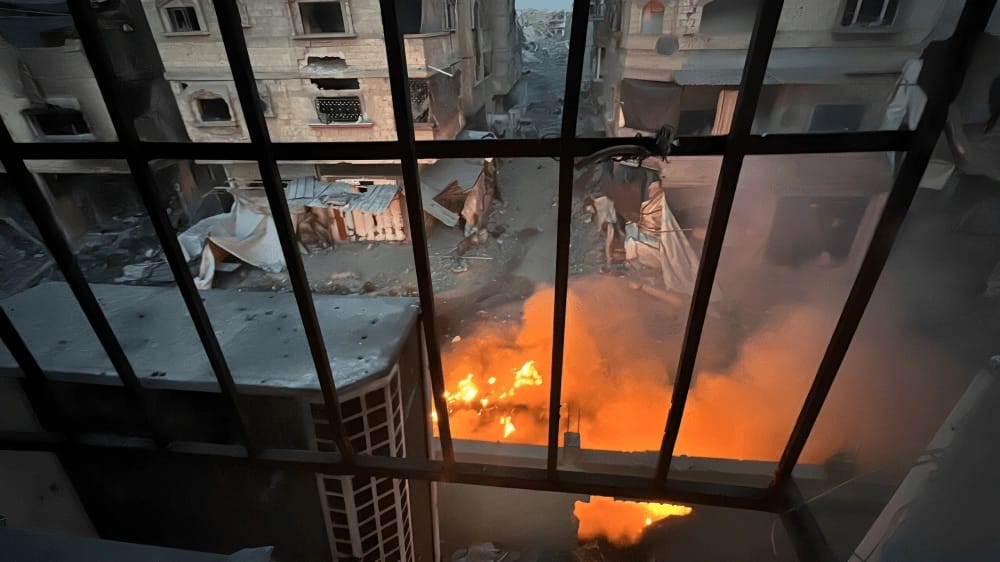In recent days, airstrikes in Syria have once again made headlines, highlighting the ongoing volatility in the region. This complex issue intertwines geopolitics, military strategy, and humanitarian concerns, with implications reaching far beyond Syria’s borders. Understanding the causes, effects, and broader implications of these airstrikes is crucial for anyone following global events.
The Context Behind the Airstrikes
Syria has been a hotspot for conflict since the outbreak of civil war in 2011. The war has drawn in various international powers, each with their own interests and alliances. Airstrikes in the region are often carried out by foreign nations targeting militant groups, key infrastructure, or adversaries. Recent airstrikes have been attributed to efforts to curb extremist activities and address threats to neighboring regions.
The Role of Key Players
Several nations are involved in air operations in Syria, including:
- United States: Often targeting groups linked to terrorism or militias backed by adversaries.
- Russia: A key ally of the Syrian government, conducting airstrikes to support the regime.
- Turkey: Focused on combating Kurdish groups it considers terrorist organizations.
These operations are justified as necessary for security but often lead to questions about sovereignty and civilian safety.
The Humanitarian Toll
While airstrikes aim to neutralize threats, they often result in significant collateral damage. Civilian casualties, displacement, and destruction of infrastructure are common consequences. For Syrians, already battered by over a decade of war, each strike deepens the humanitarian crisis.
The Global Response
International reactions to airstrikes in Syria are mixed. Some nations support these actions as necessary measures for combating terrorism, while others criticize them for exacerbating the conflict. Human rights organizations frequently call for stricter adherence to international laws governing armed conflict to protect civilian lives.

Moving Forward
Resolving the Syrian conflict requires more than military action. Diplomatic efforts, reconstruction initiatives, and addressing the root causes of extremism are essential for long-term peace. The global community has a role to play in ensuring that Syria’s people can rebuild their lives in safety and dignity.





